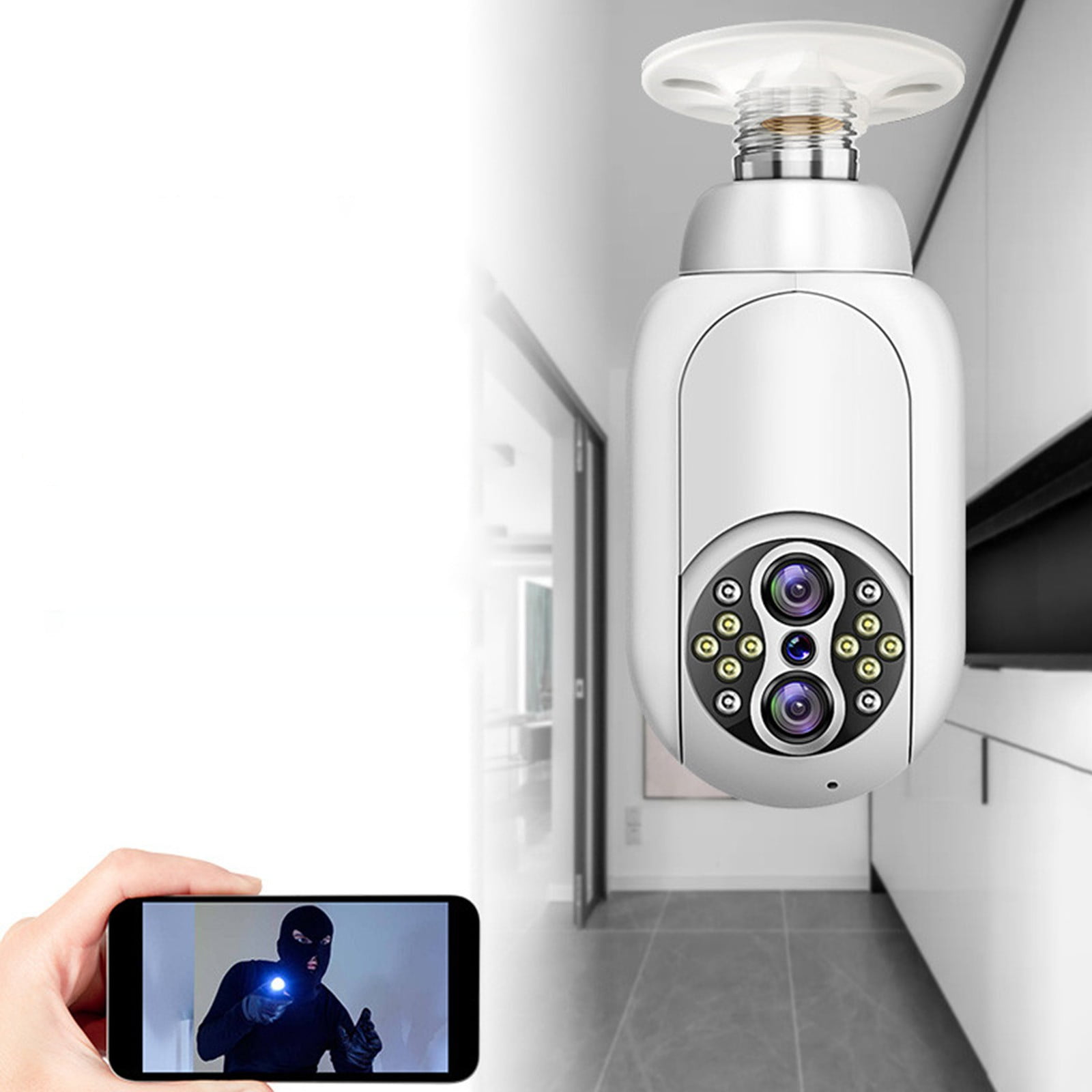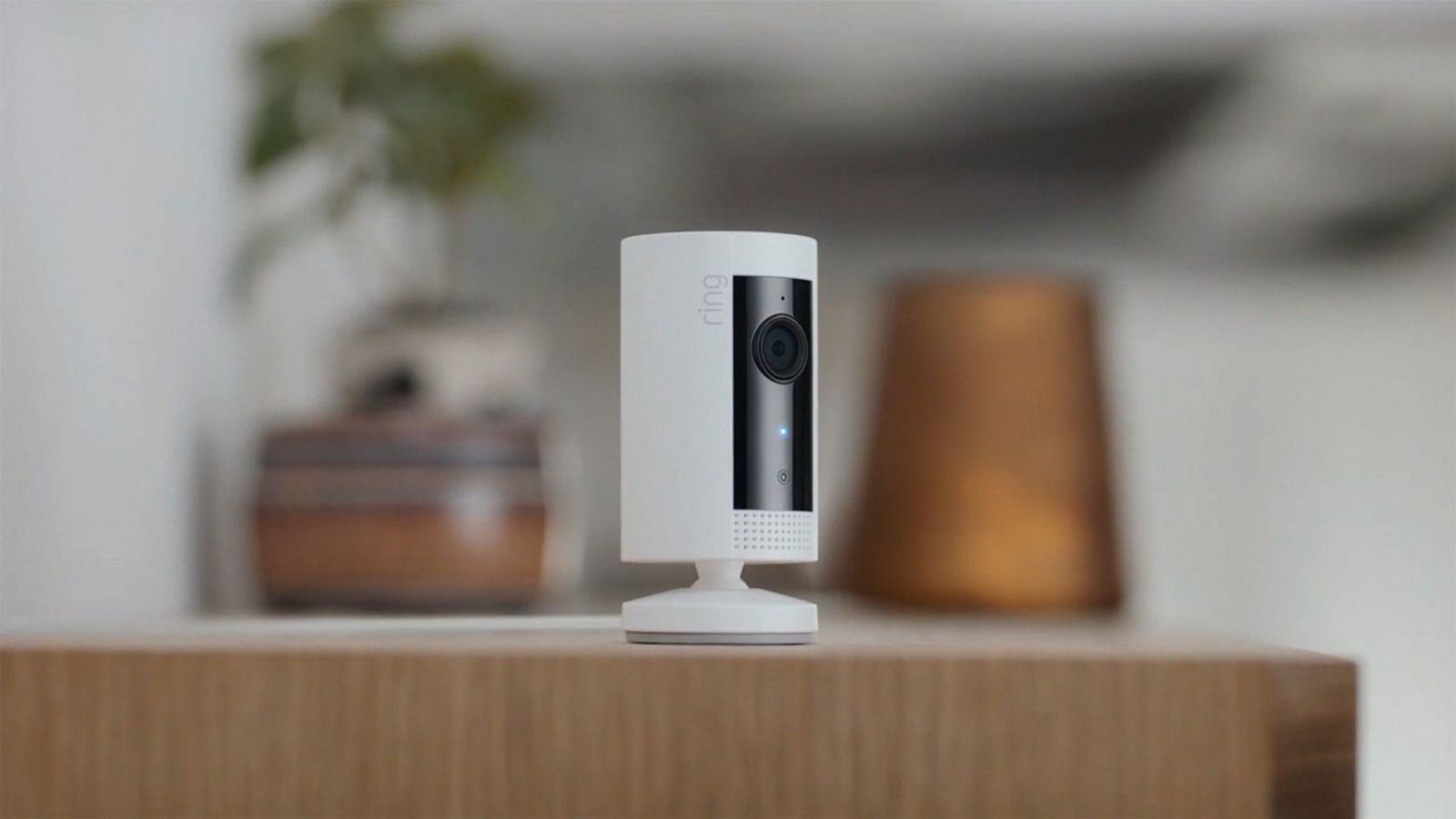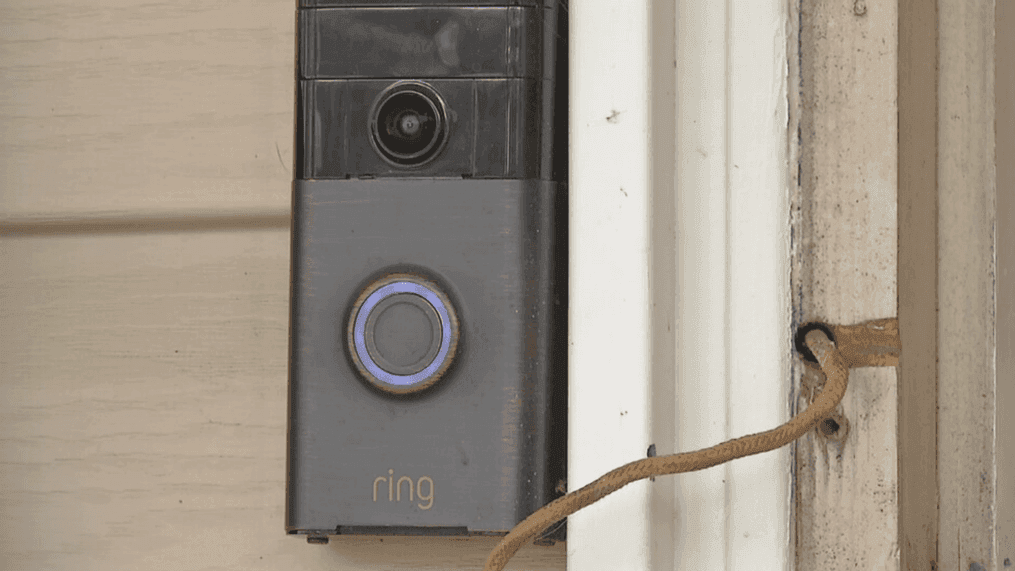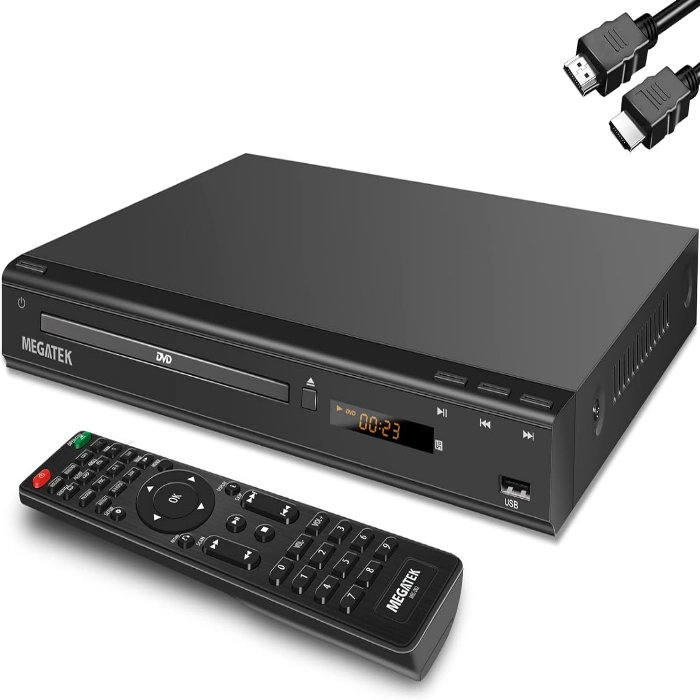In an era where smart home technology is rapidly becoming the norm, security cameras like Ring have gained immense popularity for their convenience and ability to provide a sense of safety. However, with increased connectivity comes heightened concerns over cybersecurity. The question looms large: Can Ring cameras be hacked, and if so, what measures can users take to safeguard their privacy?
Understanding the Vulnerabilities
The Reality of Cyber Threats
Yes, like any internet-connected device, Ring cameras are not impervious to hacking attempts. Despite the company’s efforts to implement robust security features, instances of unauthorized access have been reported. These breaches typically exploit vulnerabilities in the camera’s software, Wi-Fi network weaknesses, or use social engineering tactics to gain login credentials.
Common Exploits and Entry Points
- Weak Passwords: One of the simplest ways hackers gain access is through easily guessable passwords. If your password is something generic like “123456” or “password,” you’re making yourself an easy target.
- Phishing Attacks: Fraudulent emails or texts trick users into revealing login details by posing as legitimate communications from Ring or related services.
- Unsecured Wi-Fi: An unsecured or poorly secured home network can act as a gateway for hackers to infiltrate connected devices, including security cameras.
- Software Vulnerabilities: Occasionally, security flaws within the camera’s software may be discovered. If not promptly patched via firmware updates, these can be exploited by malicious actors.
Steps to Secure Your Ring Camera
Strengthen Your Passwords
Implement strong, unique passwords for all your accounts, especially those linked to security devices. Use a combination of uppercase and lowercase letters, numbers, and symbols. Consider using a password manager to generate and store complex passwords securely.
Enable Two-Factor Authentication (2FA)
Two-factor authentication adds an extra layer of security by requiring a secondary code, often sent via text or generated by an app, in addition to your password. Enabling 2FA for your Ring account significantly decreases the likelihood of unauthorized access.
Keep Software Up-to-Date
Regularly updating your Ring camera’s firmware ensures that any known security vulnerabilities are patched. Set your devices to auto-update whenever possible to stay protected without manual intervention.
Secure Your Wi-Fi Network
- Strong Wi-Fi Password: Use a unique, complex password for your Wi-Fi network and avoid sharing it widely.
- Enable Network Encryption: Utilize WPA3, the latest Wi-Fi security protocol, for the strongest encryption available.
- Guest Networks: If your router supports it, set up a separate guest network for your IoT devices, including your Ring camera, to isolate them from your primary network.
Be Vigilant Against Phishing
Be cautious when clicking links or providing personal information online, especially if the request seems out of the ordinary. Verify the source of any email or message before taking action.
What to Do If Your Ring Camera Is Hacked
Immediate Actions
If you suspect your Ring camera has been compromised:
- Change Passwords Immediately: Revise your Ring account password and any other accounts sharing the same credentials.
- Log Out Everywhere: Sign out of all sessions, forcing a re-login with the new password.
- Review Account Activity: Check for any unauthorized access or changes within your account settings.
- Contact Ring Support: Report the incident to Ring’s customer support team. They can guide you through additional steps to secure your account and investigate the breach.
Moving Forward: Trust and Transparency
Moving Forward: Trust and Transparency with Ring Cameras
In the aftermath of security concerns and reported hacking incidents, trust and transparency have become paramount for smart home security providers like Ring. To rebuild and maintain user confidence, companies must prioritize not just advanced security measures but also open communication and education for their customers.
Manufacturer Accountability and Transparency
Continuous Security Improvement
Manufacturers bear the responsibility of consistently enhancing product security. This involves investing in research and development to identify potential vulnerabilities before they can be exploited. Ring and similar companies must implement rigorous testing and regularly update their firmware to address emerging threats promptly.
Clear Communication Channels
Clear and timely communication is vital in maintaining trust. When security issues arise, companies should proactively notify users, detailing the nature of the threat, steps taken to mitigate it, and recommended actions for users to protect themselves. Transparency in such communications fosters a sense of partnership between the manufacturer and consumers in securing their homes.
Privacy Policies and Data Handling
Users need assurance that their data is handled with utmost care. Ring should provide clear, concise, and easily accessible privacy policies, outlining how data is collected, stored, and used. Commitments to minimal data retention and robust encryption standards help build trust.
User Education and Empowerment
Empowering users starts with education. Ring should provide comprehensive guides and tutorials on setting up and maintaining the security of their devices. This part includes step-by-step instructions for enabling security features like two-factor authentication, updating firmware, and recognizing phishing attempts.
Community Engagement
Creating platforms for user engagement, such as forums or webinars, encourages discussion around security best practices. Ring can facilitate these discussions, fostering a community where users can learn from each other’s experiences and share tips for staying secure.
Collaborative Efforts
Collaborating with cybersecurity experts and researchers can bring fresh perspectives to identifying and addressing vulnerabilities. Ring could establish bug bounty programs, incentivizing ethical hackers to responsibly disclose any security flaws they find, further strengthening product security.
Building a Secure Future Together
Restoring and maintaining trust in Ring cameras and similar smart home devices necessitates a multifaceted approach. Manufacturers must embrace a culture of continuous security improvement, transparent communication, and responsible data handling. Simultaneously, users should be going to equip with the knowledge and tools to secure their own devices effectively. By working together, we can ensure that the convenience and peace of mind offered by smart home security systems are not going to overshadow by the fear of cyber threats. Trust and transparency form the bedrock upon which a safer, more secure smart home ecosystem can be going to build.
User Education
Equally important is educating users about best cybersecurity practices. By staying informed and proactive, individuals can significantly reduce their risk of being going to hack.
Conclusion
In conclusion, while the possibility of a Ring camera hack exists, taking proactive security measures greatly minimizes this risk. Remaining vigilant, staying updated, and utilizing available security features are essential steps to protect your home surveillance system and maintain your privacy in the digital age. As technology advances, so too must our understanding and implementation of cybersecurity measures.







